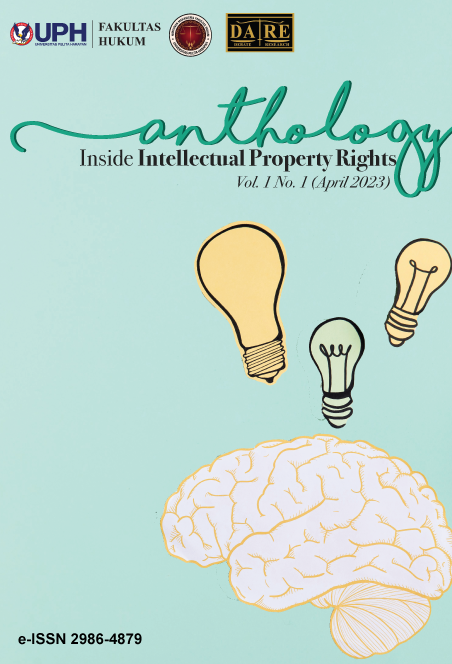Legal Protection for Musical Work Copyright Holders Pertaining to the Fulfillment of Economic Rights in the Form of Royalties
Abstract
The legal right of the owner of intellectual property is referred to as copyright. Simply put, copyright is the right to copy. This implies that the only people who have the exclusive right to replicate the work are the original authors of the items and anybody they give permission to. Copyright law grants original content producers the exclusive right to further use and replicate that work for a certain period of time, after which the copyrighted object becomes public domain. Moreover, Copyright arises automatically after the creator realizes his idea into a tangible form so that the creation will get legal protection without having to be registered. The problem that often occurs today is that there are other parties who use the creation without rights and permission of the creator or copyright holder causing economic harm. This article aims to find out what are the legal protections for copyright holders if there are illegitimate users that use copyrighted works for commercial purposes without permission and are not paying royalties. Further, this article will also look into what are the legal consequences for users who do not fulfill the economic rights of the copyright holder in the form of royalties. From the results of this study, it can be concluded that the form of legal protection for copyright holders is the fulfillment of the economic rights in the form of royalties and criminal penalties for those who without rights and permission use the work for commercial purposes. The legal consequences for users who do not fulfill the economic rights as aforementioned are subject to imprisonment or criminal fines as stated in Article 113 paragraph (1) to paragraph (4) of Law Number 28 of 2014 pertaining to Copyright.

